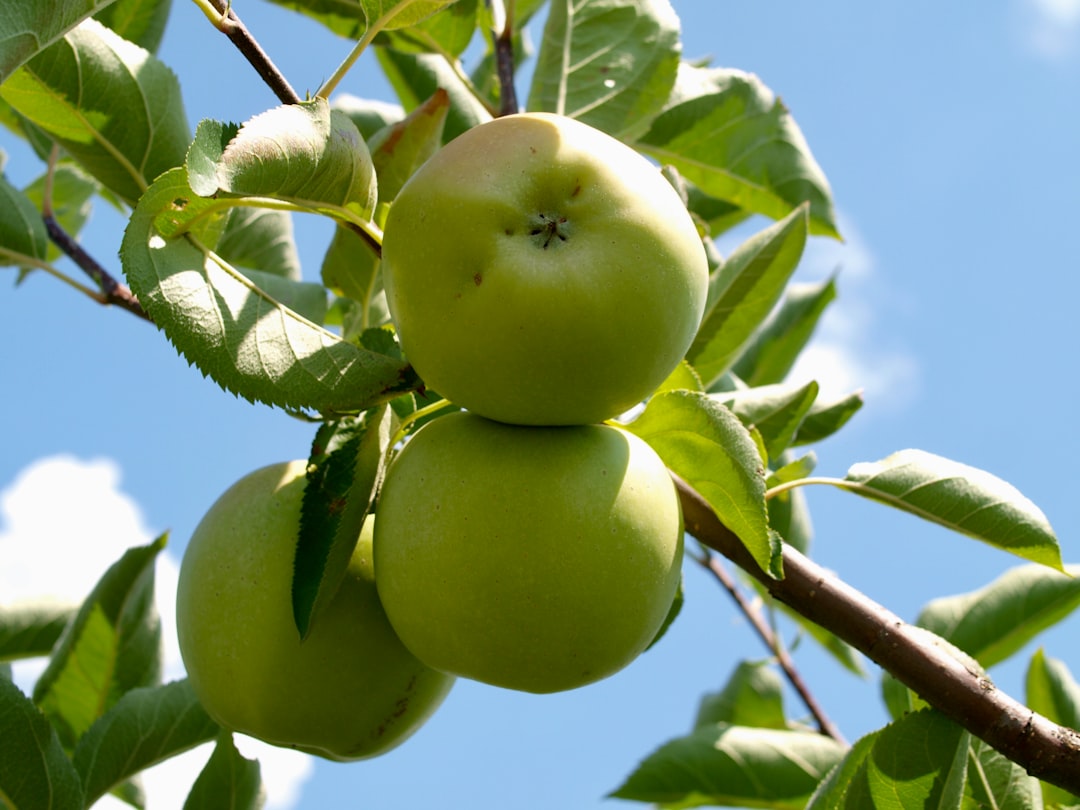In the world of edible gardening, one of the most crucial aspects is maintaining the health of your soil and keeping your vegetable beds free from weeds. Natural mulch emerges as a powerful and eco - friendly solution that not only enhances soil health but also provides a host of other benefits. What's even more exciting is that some of the best natural mulches can be found right in your backyard.
First, let's understand what natural mulch is. Natural mulch consists of organic materials that are derived from plants or other natural sources. These materials can include leaves, grass clippings, straw, wood chips, and even shredded newspaper. When applied to the soil surface around your vegetable plants, natural mulch acts as a protective layer.
One of the primary benefits of using natural mulch is its ability to improve soil health. As the mulch breaks down over time, it adds valuable organic matter to the soil. This organic matter enriches the soil with essential nutrients such as nitrogen, phosphorus, and potassium. These nutrients are vital for the healthy growth and development of your vegetable plants. For example, nitrogen is essential for leafy growth, while phosphorus is crucial for root development and flower production.
Moreover, natural mulch helps to improve soil structure. It allows the soil to retain moisture better, preventing it from drying out too quickly. This is especially important during hot summer months when water evaporation rates are high. By keeping the soil moist, natural mulch reduces the need for frequent watering, which not only saves water but also reduces your gardening workload. Additionally, the improved soil structure promotes better aeration, allowing the roots of your vegetable plants to breathe more easily.
Another significant advantage of natural mulch is its ability to suppress weeds. Weeds can compete with your vegetable plants for nutrients, water, and sunlight. By covering the soil surface with a layer of mulch, you create a physical barrier that prevents weed seeds from germinating. The mulch blocks out sunlight, which is essential for weed growth. For instance, a thick layer of straw or wood chips can effectively smother weeds, reducing the need for chemical herbicides.
Now, let's explore some of the natural mulches that you can find in your backyard. Leaves are an excellent source of natural mulch. In the fall, when leaves start to drop from the trees, you can collect them and shred them into smaller pieces. Shredded leaves decompose more quickly and are easier to spread around your vegetable beds. They also add a rich, dark color to the soil as they break down.
Grass clippings are another readily available natural mulch. If you have a lawn, you can use the grass clippings from your regular mowing. However, it's important to use them in moderation and allow them to dry out a bit before applying them to your vegetable beds. Fresh grass clippings can form a thick mat that may prevent air and water from reaching the soil. By using dried grass clippings, you can still enjoy the benefits of mulching without the risk of suffocating your plants.
Straw is a classic natural mulch for vegetable gardens. It is lightweight, easy to spread, and provides excellent insulation for the soil. Straw also helps to keep the soil temperature more consistent, which is beneficial for the growth of your vegetable plants. You can purchase straw bales from a local farm supply store or use straw from your own livestock if you have any.
Wood chips are a long - lasting natural mulch option. They are ideal for pathways and around larger vegetable plants. Wood chips take longer to decompose, providing a more stable mulch layer. However, it's important to note that fresh wood chips can deplete the soil of nitrogen as they break down. To counter this, you can add a small amount of nitrogen fertilizer when applying fresh wood chips.
Shredded newspaper is a cost - effective and environmentally friendly natural mulch. You can use old newspapers that you no longer need. Simply shred the newspapers into strips and wet them slightly before spreading them around your vegetable plants. The wet newspaper adheres to the soil surface and provides a good weed - suppressing layer. It also decomposes over time, adding organic matter to the soil.
In conclusion, natural mulch is a valuable tool in edible gardening. It improves soil health, suppresses weeds, and conserves water. By using natural mulches that can be found in your backyard, you can create a sustainable and thriving vegetable garden. So, the next time you're out in your garden, look around for these natural resources and start mulching your vegetable beds for a healthier and more productive harvest.

